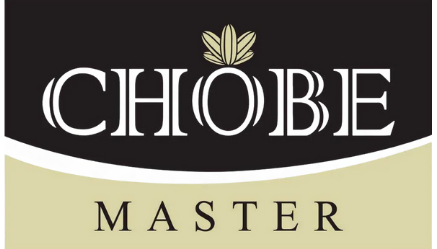
Probiotics, prebiotics, and postbiotics are all crucial components of gut health, each playing a distinct role in maintaining a balanced and healthy microbiome.
Probiotics
These are live microorganisms, typically bacteria or yeast, that provide health benefits when consumed in adequate amounts. They are often referred to as "good" or "friendly" bacteria because they help maintain the balance of microorganisms in the gut. Probiotics can be found in certain foods like yogurt, kefir, sauerkraut, and kimchi, as well as in supplement form. They contribute to digestion, support the immune system, and may even have mental health benefits.
Key Functions:
- Balance Gut Microbiota: They help maintain a healthy balance of gut bacteria, preventing the overgrowth of harmful bacteria.
- Digestive Health: Aid in digestion and absorption of nutrients.
- Immune Support: Enhance the immune response by interacting with gut-associated lymphoid tissue (GALT).
- Mental Health: Emerging research suggests a link between gut health and mental health, often referred to as the gut-brain axis.
Sources
- Fermented Foods: Yogurt, kefir, sauerkraut, kimchi, miso, and tempeh.
- Supplements: Available in various forms such as capsules, tablets, and powders containing strains like Lactobacillus, Bifidobacterium, and Saccharomyces boulardii.
Prebiotics
Prebiotics are specialized plant fibers that serve as food for the beneficial bacteria already living in the colon. They are essentially indigestible to humans but are fermented by gut bacteria. Prebiotics help stimulate the growth and activity of beneficial bacteria, promoting a healthier balance of gut microbiota. Common sources of prebiotics include chicory root, Jerusalem artichokes, garlic, onions, leeks, bananas, and whole grains.
Key Functions:
- Feed Beneficial Bacteria: Serve as food for probiotics and other beneficial bacteria, promoting their growth and activity.
- Enhance Gut Barrier Function: Improve the integrity of the gut lining, reducing the risk of inflammation and infection.
- Metabolic Health: Can help regulate blood sugar levels and improve lipid metabolism.
Sources:
- Fibrous Foods: Chicory root, garlic, onions, leeks, asparagus, bananas, and whole grains like barley and oats.
- Supplements: Often found as inulin, fructooligosaccharides (FOS), and galactooligosaccharides (GOS).
Postbiotics
Postbiotics are the metabolic byproducts produced by probiotics during fermentation in the gut. These byproducts include short-chain fatty acids (SCFAs), vitamins, enzymes, organic acids, and peptides. Postbiotics have been shown to have various health benefits, including supporting gut barrier function, reducing inflammation, and modulating the immune system. They also contribute to overall gut health and play a role in maintaining a balanced microbiome.
Key Functions:
- Anti-inflammatory Properties: SCFAs like butyrate, propionate, and acetate reduce inflammation in the gut.
- Gut Barrier Support: Enhance the barrier function of the intestinal lining, protecting against pathogens and toxins.
- Immune Modulation: Influence the immune system, potentially reducing the risk of autoimmune diseases and infections.
- Nutrient Production: Some postbiotics are involved in the synthesis of vitamins, such as vitamin K and B vitamins.
Sources:
- Naturally Occurring: Produced in the gut through the fermentation of prebiotics by probiotics.
- Functional Foods and Supplements: An emerging market of foods and supplements designed to deliver postbiotic compounds directly.
Synergy in Gut Health
The interplay between probiotics, prebiotics, and postbiotics is crucial for maintaining a healthy gut environment:
- Probiotics require prebiotics to thrive and function optimally.
- Prebiotics provide the fuel needed for beneficial bacteria to grow and produce postbiotics.
- Postbiotics enhance overall health benefits by providing direct physiological effects, supporting gut integrity, and modulating the immune system.
Together, probiotics, prebiotics, and postbiotics contribute to the symbiotic relationship between the gut microbiota and the human body, promoting digestive health, immune function, and overall well-being. Incorporating a variety of probiotic-rich foods, prebiotic fibers, and supporting a diverse range of gut bacteria can help optimize gut health and potentially alleviate various digestive issues.


